Idea by
Alyona Khoroshylova, Maksym Rokmaniko
Call for ideas 2017
*Architecture of **Architecture
*Architecture of **Architecture
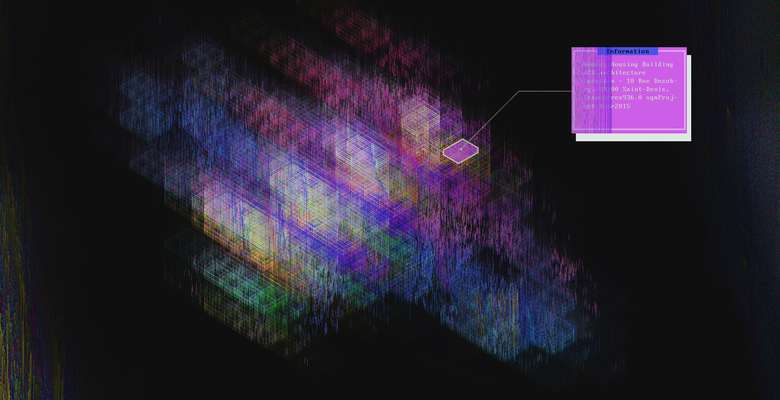
Today, when machines analyze millisecond-scale data for global financial markets, sharing economy platforms take over the whole cities, new media reshape political landscapes and people’s everyday lives, we are capable of working with systems of unthinkable before complexity. How does architecture react? How do we exploit the development of digital infrastructures to accumulate and proliferate the collective knowledge in the field?
What if there were enough responses to all known contexts among the diversity of existing forms? Wouldn’t it be reasonable then, instead of repeating a similar process over and over again, to create a digital library of existing forms, and a mechanism to search for a form that fits a particular context? Even if we discover that there is no form, that would perfectly fit a distinct context, starting the design process from replicating the one that fits a similar context seems to be more efficient than starting from scratch.
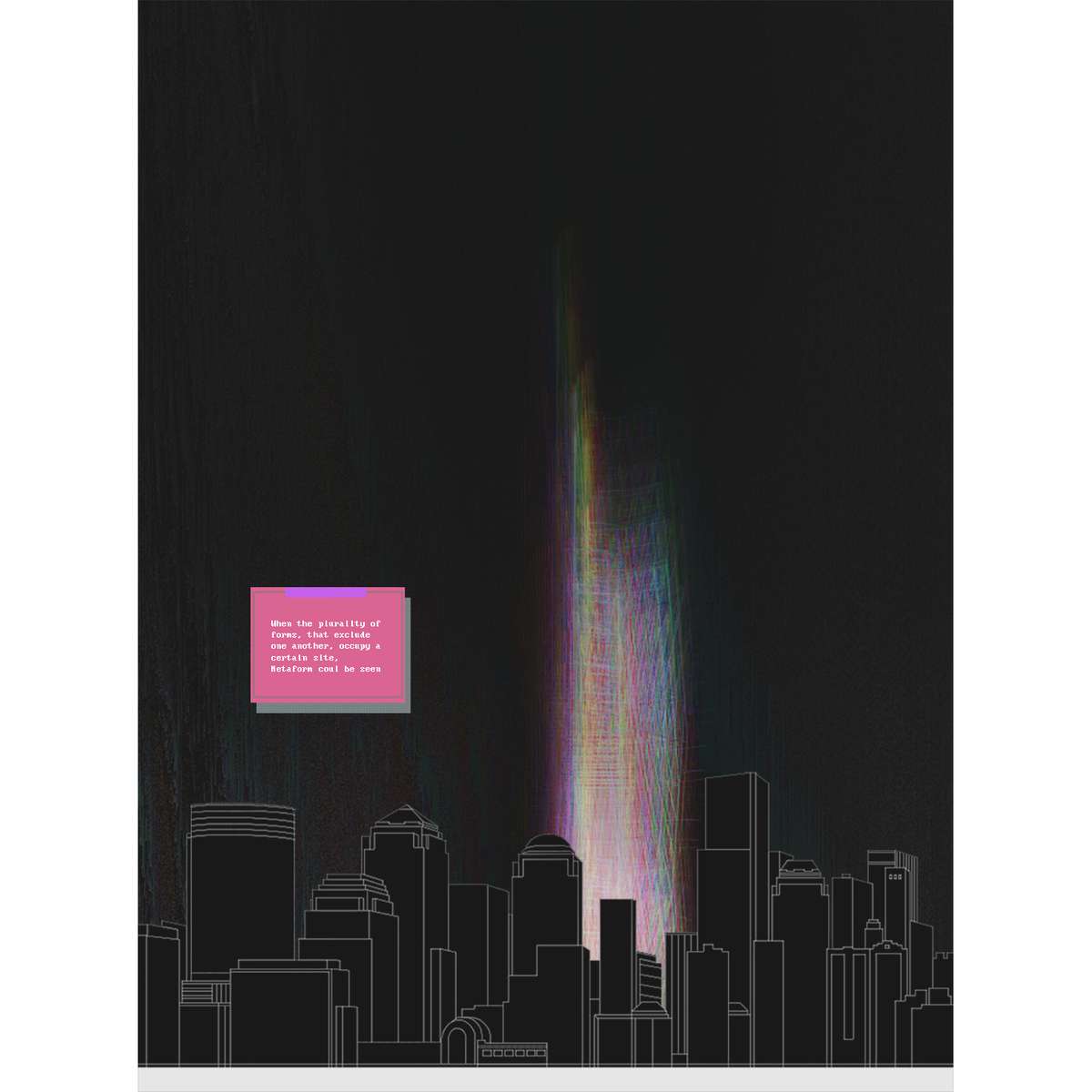
The goal of this study is to develop the MetaForm Digital Library (MFDL) - the database that would contain a vast variety of information about a set of residential forms. There should be enough data about each form, to build it again, as well as to comprehensively assess it, both qualitatively and quantitatively.
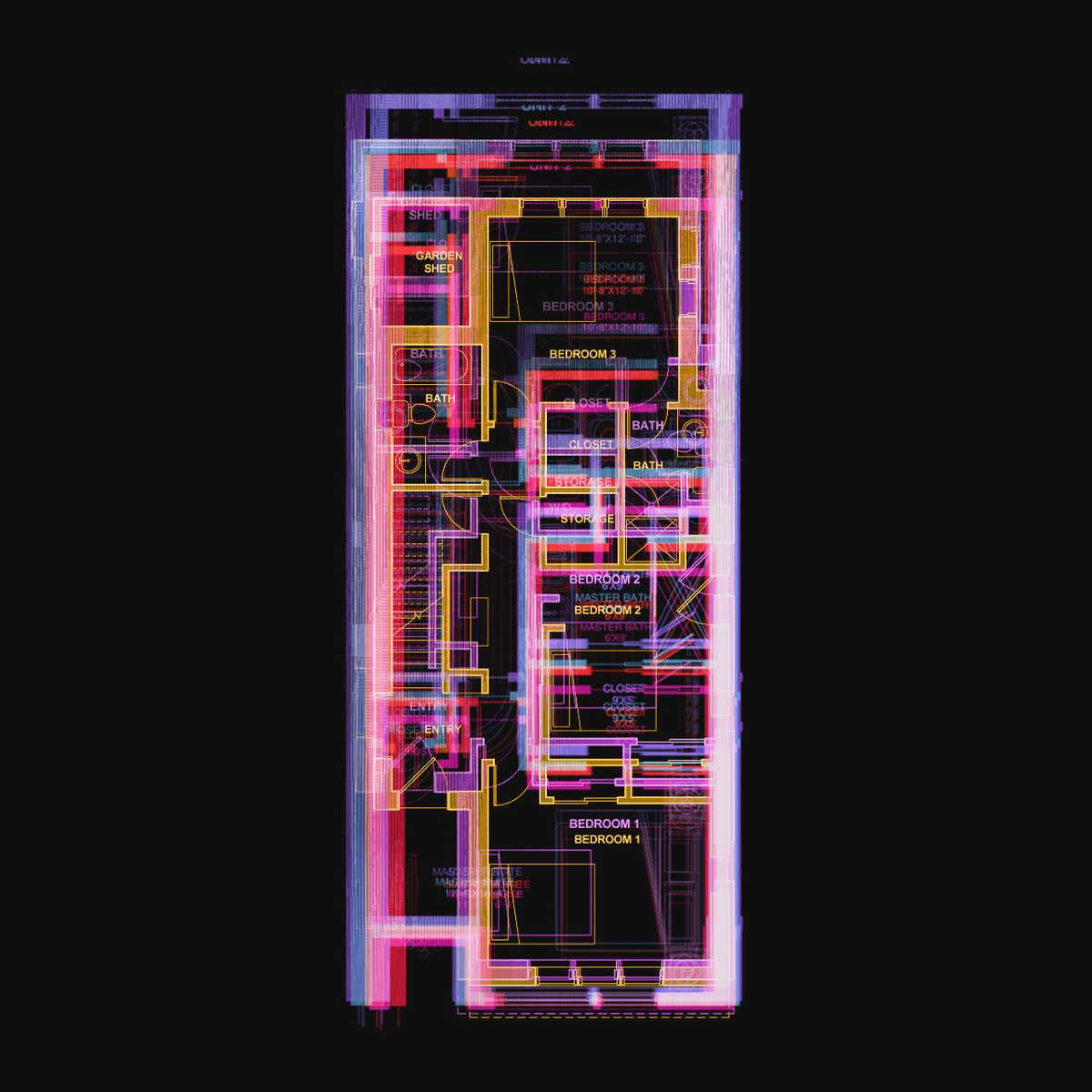
We will also explore the copy-based method of residential forms generation that would rely on MFDL. In this way, we will test the logic and the capacities of MFDL and better understand the potential directions how it could continue its development.
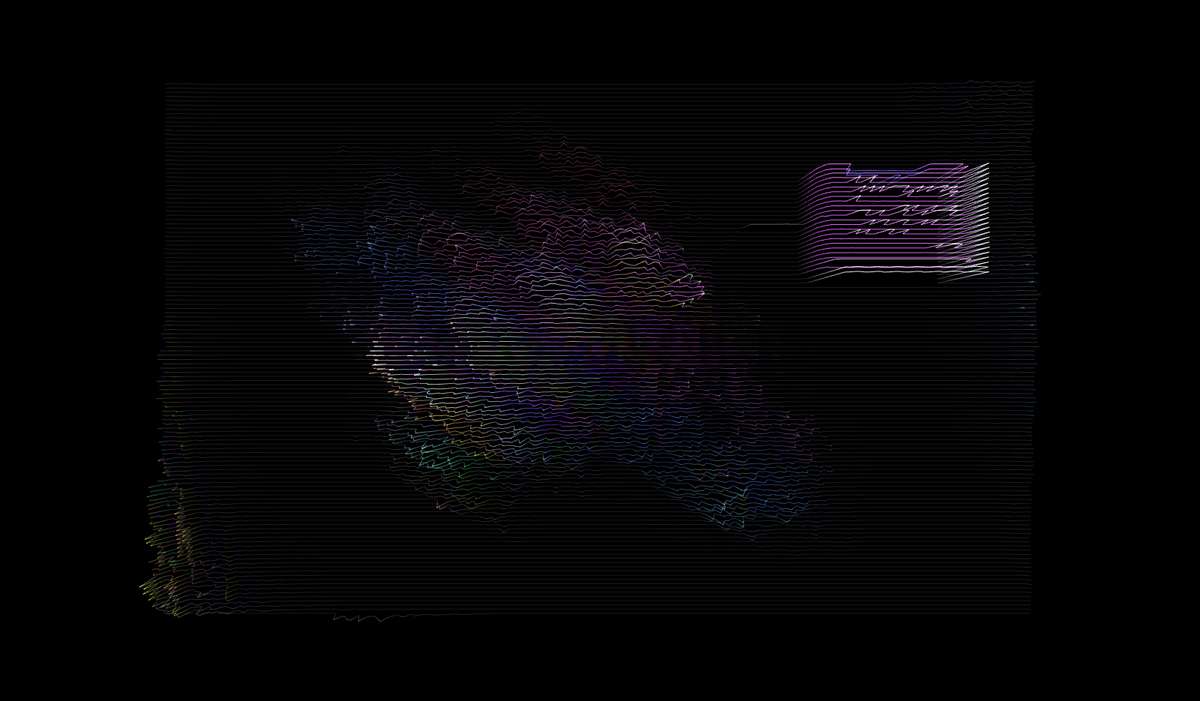
At the end of the first stage of this study, we will have a mature prototype of MFDL and set of iterations of testing the database. We will conduct the series of interviews with experienced architects to compare MFDL to what they have developed through the years of practice and publish those interviews together with other materials in the final report.
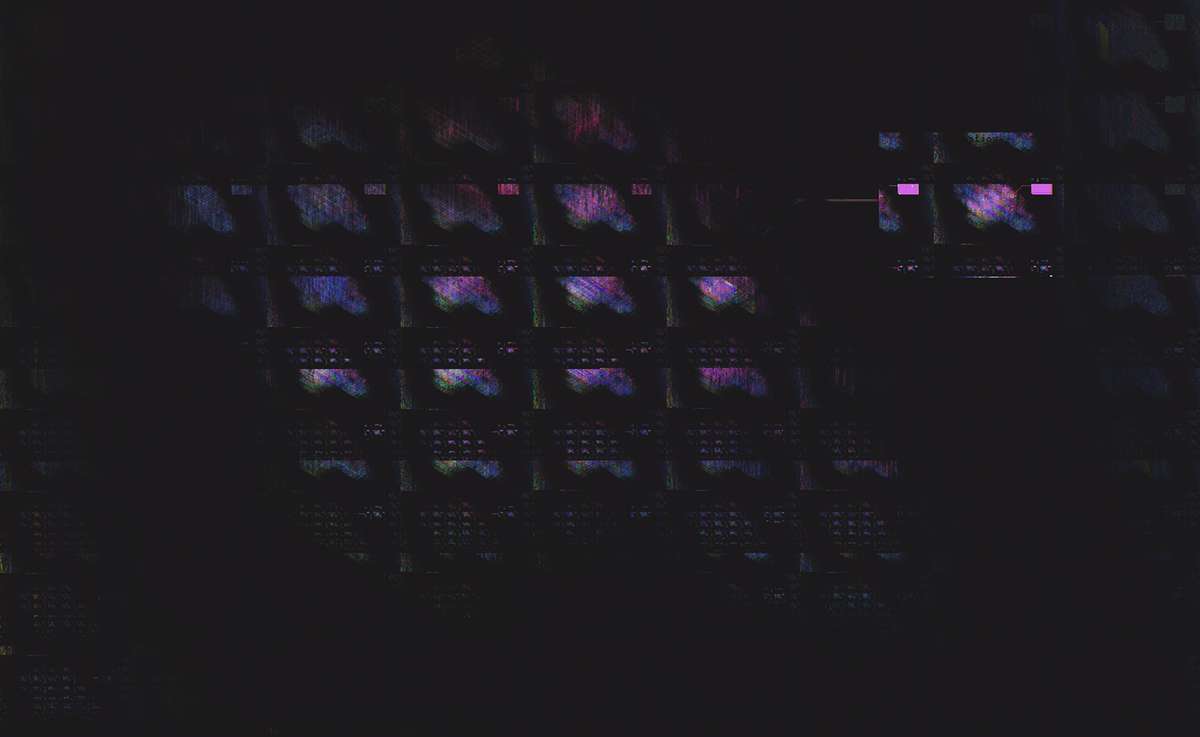
If MFDL came into life, architects would become able to work on a systematic level. Instead of custom designed buildings, we would be able to work on things that affect the whole ecologies of urban forms - developing modifiers, new forms that will become able to learn and improve with time, and better ways of translating contextual data.
*Architecture of **Architecture
*Architecture of **Architecture

Today, when machines analyze millisecond-scale data for global financial markets, sharing economy platforms take over the whole cities, new media reshape political landscapes and people’s everyday lives, we are capable of working with systems of unthinkable before complexity. How does architecture react? How do we exploit the development of digital infrastructures to accumulate and proliferate the collective knowledge in the field?
What if there were enough responses to all known contexts among the diversity of existing forms? Wouldn’t it be reasonable then, instead of repeating a similar process over and over again, to create a digital library of existing forms, and a mechanism to search for a form that fits a particular context? Even if we discover that there is no form, that would perfectly fit a distinct context, starting the design process from replicating the one that fits a similar context seems to be more efficient than starting from scratch.
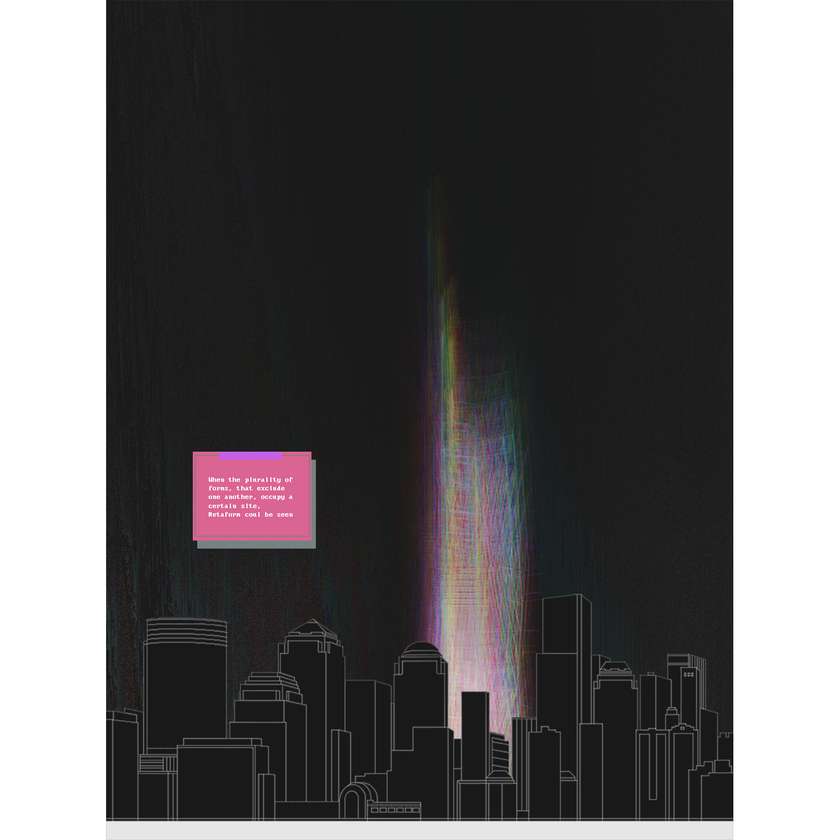
The goal of this study is to develop the MetaForm Digital Library (MFDL) - the database that would contain a vast variety of information about a set of residential forms. There should be enough data about each form, to build it again, as well as to comprehensively assess it, both qualitatively and quantitatively.
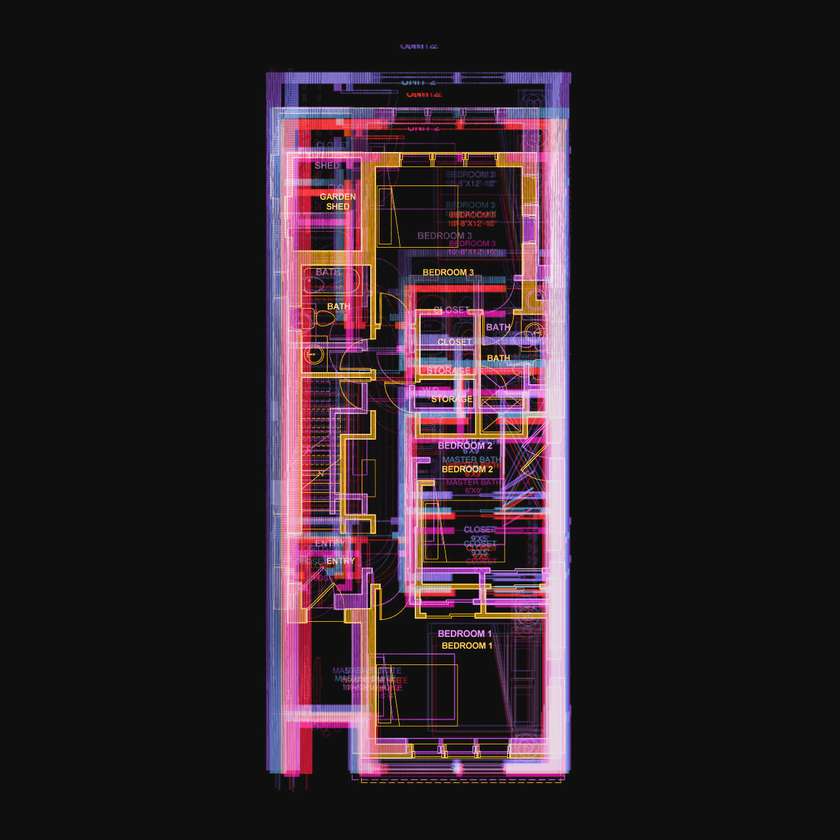
We will also explore the copy-based method of residential forms generation that would rely on MFDL. In this way, we will test the logic and the capacities of MFDL and better understand the potential directions how it could continue its development.
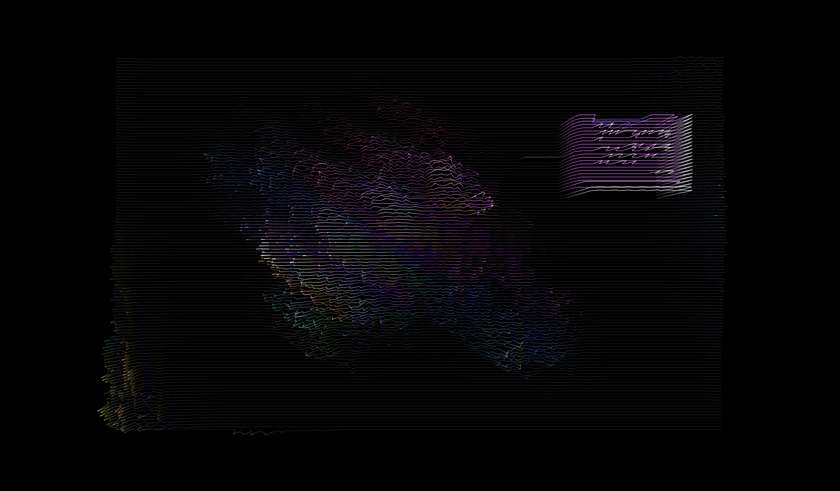
At the end of the first stage of this study, we will have a mature prototype of MFDL and set of iterations of testing the database. We will conduct the series of interviews with experienced architects to compare MFDL to what they have developed through the years of practice and publish those interviews together with other materials in the final report.
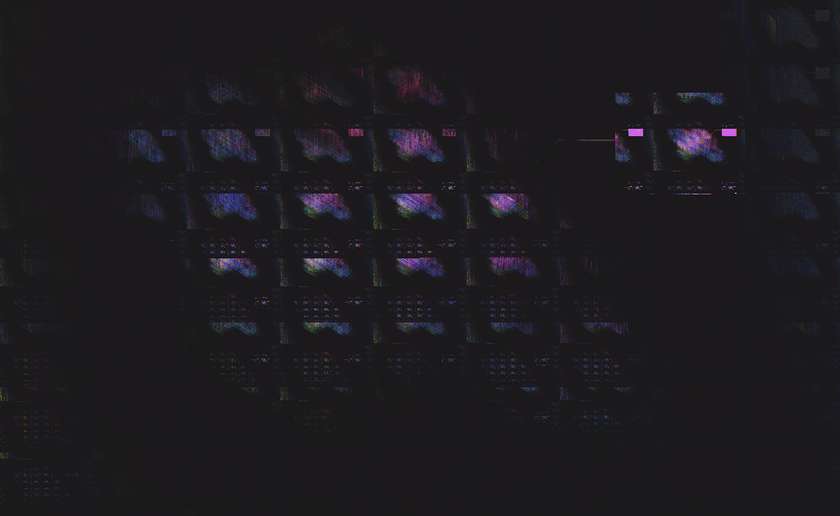
If MFDL came into life, architects would become able to work on a systematic level. Instead of custom designed buildings, we would be able to work on things that affect the whole ecologies of urban forms - developing modifiers, new forms that will become able to learn and improve with time, and better ways of translating contextual data.